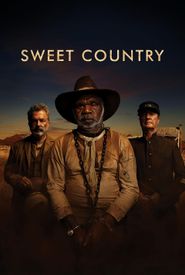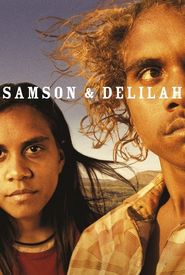Warwick Thornton, a talented and versatile creative professional, entered this world on July 23, 1970, in the vibrant and culturally rich city of Alice Springs, situated in the Northern Territory of Australia.
As a masterful cinematographer and director, Thornton has made a significant impact on the film industry, leaving an indelible mark on the world of cinema with his remarkable works.
Some of his most notable and critically acclaimed projects include the poignant and powerful drama "Samson & Delilah" (2009),the thought-provoking and emotionally charged "The New Boy" (2023),and the deeply moving and visually stunning "Sweet Country" (2017).



























